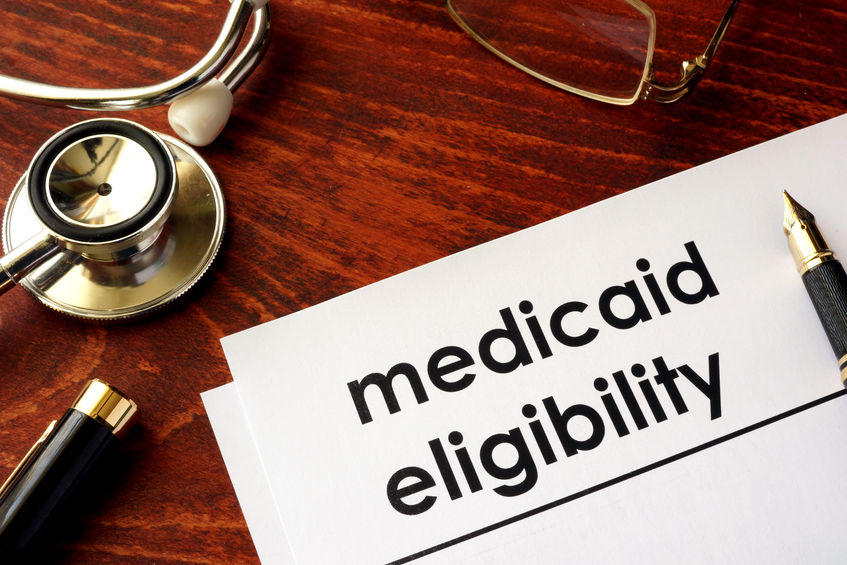What I Need to Do to be Eligible for Medicaid in Florida?
In order to be eligible for Medicaid in Florida, the applicant must meet the basic eligibility requirements, the medical requirements, the asset requirements as well as income requirements.
Apart from being a U.S. citizen, the basic eligibility requirements in Florida include:
- Being over the age of 64; or
- Being pregnant or having a minor child; or
- Being blind or disabled.
The annual income for a single applicant should be $16,971 before taxes. For a household of two, the annual income should not exceed $22,930.
The medical requirements for Medicaid typically involve the necessity for long-term care in a nursing home and the inability to perform certain basic functions of daily life without assistance.
Income and asset requirements vary depending on the type of Medicaid an individual would like to receive. For Institutional / Nursing Home Medicaid and Home and Community Based Services the monthly income cannot exceed $2,349 and the asset limit is $2,000. For Regular Medicaid for the “Aged Blind and Disabled”, the monthly income is capped at $961 and the asset limit is $5,000. For married couples these amounts differ. However, if an applicant has a monthly income of below $891, he or she is allowed to keep $5,000 of countable assets.
What Assets Count Towards the Asset Limit for Medicaid?
The assets that are counted towards the asset limit are called “countable assets”. The assets that are not counted towards that limit are called “exempt assets”.
The primary residence of the applicant is typically exempt from the counting of assets for Medicaid purposes in two cases:
- If the applicant has the intent to return to the residence and/or
- If the applicant’s spouse still resides in the residence.
One car will be exempt as well as well as certain personal property. The exempt personal property should be considered “reasonable” to be exempt, therefore, it is not advisable to buy new expensive jewelry or other expensive items in order to exempt them.
Up to $2,500 total and combined cash value of life insurance as well as funeral plans that the applicant might have already paid for would be exempt also. Such funeral pre-paid plans could be put into an irrevocable funeral trust with the help of an experienced estate planning attorney.








